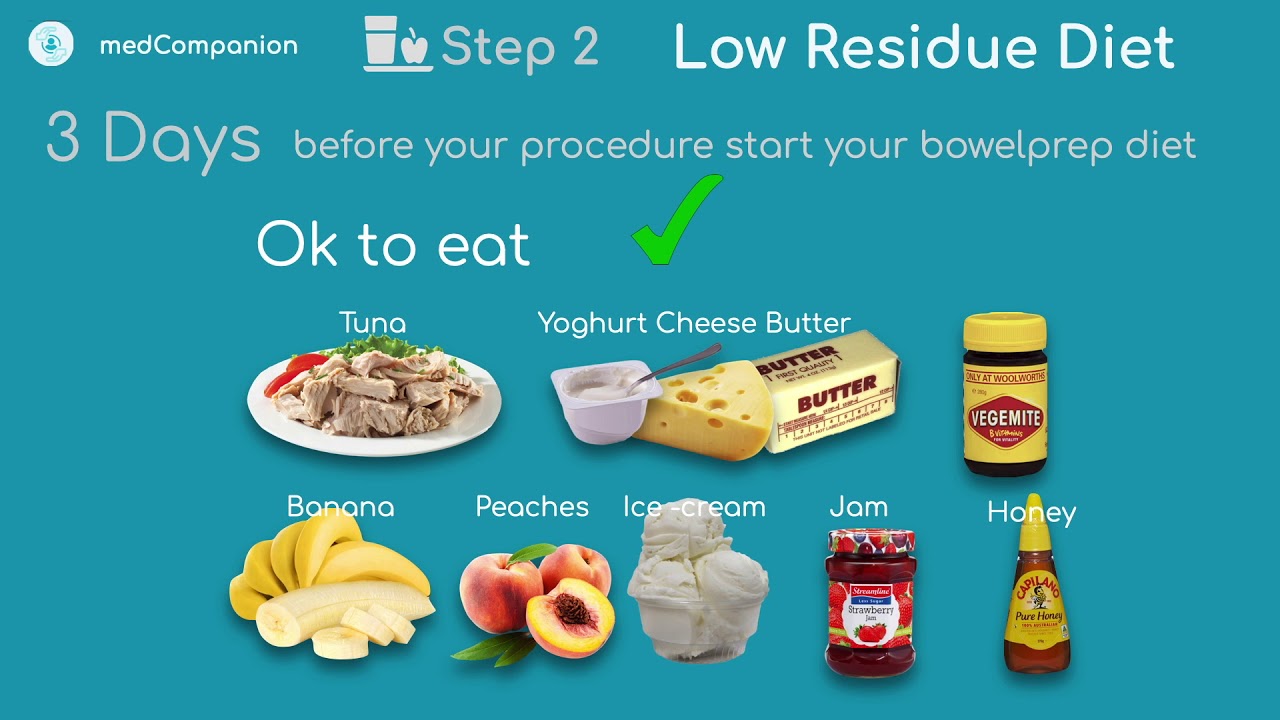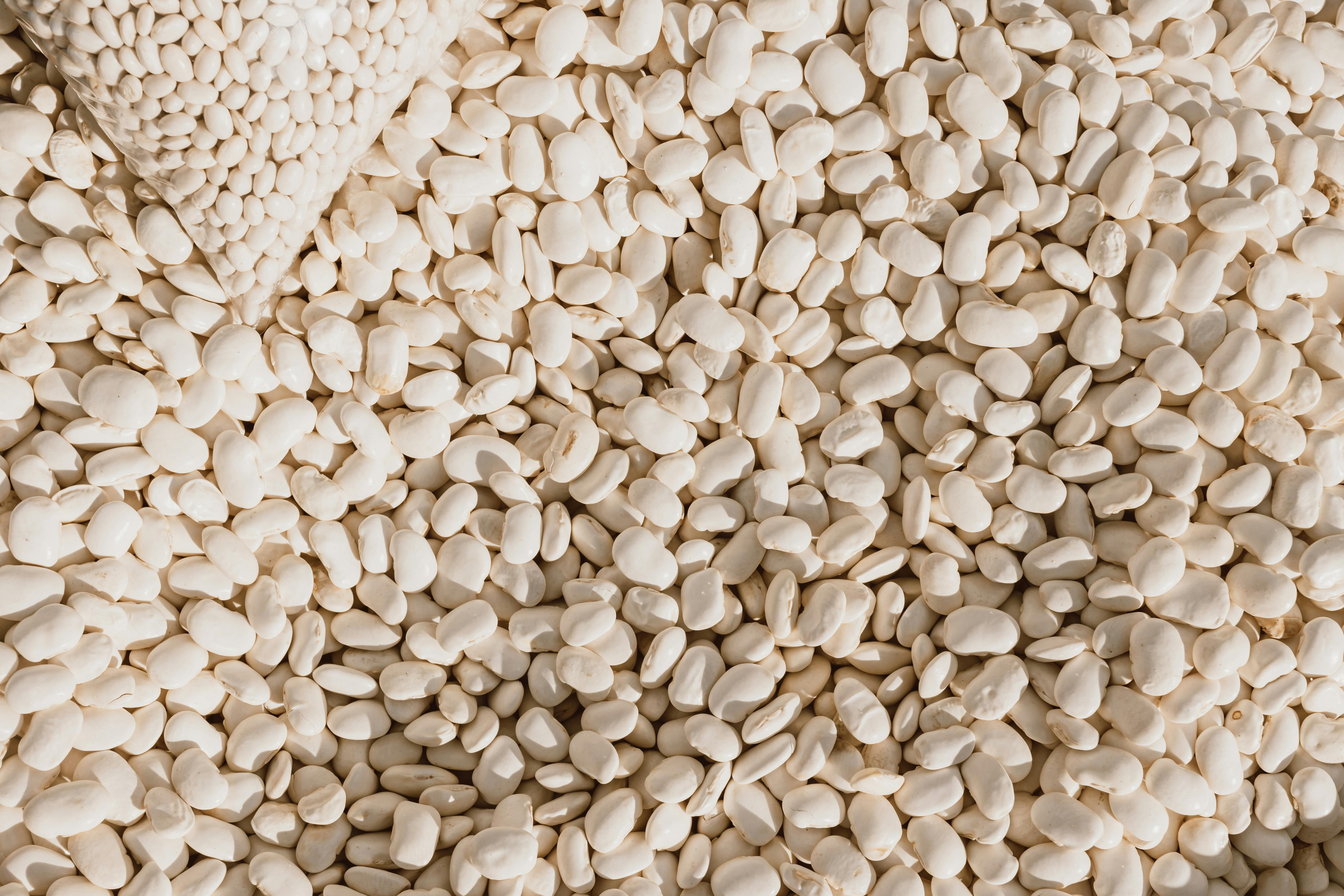
Effective Ways to Manage Your Irritable Bowel Syndrome Diet in 2025
Irritable Bowel Syndrome (IBS) can be a challenging condition to manage, particularly when it comes to your diet. In 2025, with advancements in our understanding of IBS, managing this condition is more focused and personalized than ever before. Adhering to an effective IBS diet plan not only helps alleviate the symptoms but supports overall digestive health.
The right dietary choices can provide significant relief from bloating and discomfort, which many IBS sufferers experience. This article explores essential approaches to managing your irritable bowel syndrome diet, highlighting effective strategies involving food selection, meal preparation, and the importance of hydration. We will also cover specific IBS-friendly recipes and successful meal planning techniques to enhance your journey towards better gut health.
Key takeaways include understanding the low FODMAP diet, incorporating bloating relief foods, and identifying your specific food triggers. Let’s dive into how you can effectively manage your IBS through nutrition and dietary choices.
Understanding the Low FODMAP Diet
The low FODMAP diet is an evidence-based approach that focuses on reducing certain types of carbohydrates that can trigger IBS symptoms. FODMAPs are fermentable oligosaccharides, disaccharides, monosaccharides, and polyols that can cause digestive distress.
Benefits of the Low FODMAP Diet
For many people with IBS, following a low FODMAP diet leads to a noticeable decrease in symptoms. Studies have shown that this diet can help provide bloating relief, reduce abdominal pain, and improve overall quality of life. It's recommended to follow this diet under the guidance of a dietitian for optimal results.
Low FODMAP Guidelines
When adhering to low FODMAP guidelines, it's essential to avoid foods high in FODMAPs during the initial elimination phase. Common high FODMAP foods include certain fruits, vegetables, grains, legumes, and dairy products. After this phase, you gradually reintroduce foods to identify which ones trigger your symptoms.
IBS Food List for 2025
Your personal IBS food list will likely evolve as you identify and monitor your food triggers. The list typically includes low FODMAP items like zucchini, carrots, rice, and certain lactose-free products. Regularly updating this list ensures you remain aware of which foods are safe for your unique condition.
Incorporating High-Fiber Foods
Fiber plays a crucial role in managing IBS symptoms; it contributes to digestive health and normalized bowel function. However, not all fibers are created equal. For instance, certain types of soluble fiber can aggravate symptoms, while insoluble fiber may alleviate constipation.
Fiber Supplements for IBS
In many cases, fiber supplements can be an effective way to increase your fiber intake, especially if you find it challenging to consume adequate fiber through food alone. Options such as psyllium husk or inulin are usually recommended for their beneficial effects on gut health.
Foods to Alleviate IBS Symptoms
In addition to supplements, include fiber-rich foods for IBS such as oats, chia seeds, and low FODMAP fruits like bananas and strawberries. These foods not only help in keeping your digestive system regular but also provide essential nutrients.
Identifying Food Intolerances
Understanding specific food intolerances can radically transform your IBS management. Keeping a detailed food diary can help you assess how different foods affect your body. This tool increases awareness and aids in planning meals that suit your digestive needs best.
Hydration Tips for IBS
Water consumption is remarkably important in an IBS diet, as staying hydrated helps dissolve fibers and aids in digestion. Incorporating gut-friendly beverages like herbal teas can further support your digestive tract.
Effective Hydration Strategies
One effective strategy involves scheduling your water intake throughout the day rather than consuming large amounts in one sitting. Consider carrying a water bottle to remind yourself to drink consistently.
Gut-Friendly Beverages
Avoid carbonated drinks and caffeine as these can exacerbate IBS symptoms. Instead, opt for drinks rich in anti-inflammatory foods, such as ginger tea or peppermint tea, which can be soothing for the digestive system.
Meal Timing for IBS
Implementing a structured meal timing approach can also significantly impact your symptoms. Smaller, more frequent meals prevent overloading the digestive system, which can often trigger discomfort and flare-ups.
Cooking Methods for IBS
The way you prepare your meals plays a significant role in managing IBS. By understanding which cooking methods are most suitable, you can enhance the digestibility of your meals.
IBS-Friendly Cooking Techniques
Opt for cooking methods that involve steaming, baking, or slow-cooking rather than frying or grilling at high temperatures. These gentle cooking methods preserve nutrients and make meals easier on the gut.
IBS Safe Condiments
Be cautious with condiments; many contain high FODMAP ingredients. Consider making your own dressings with IBS-friendly herbs and spices. Experiment with meals that incorporate safe condiments to enhance flavors without triggering symptoms.
Cooking for IBS at Home
Meal prep is a game changer for those with IBS. Preparing meals in advance ensures you have ready-to-eat options that are safe and nourishing. Focus on batch cooking meals that are low FODMAP and include a balance of nutrients.
Practical IBS-Friendly Recipes
Trial and error through cooking will help in identifying which IBS-friendly recipes work best for your tastes and symptoms. The key is to use ingredients that align with the low FODMAP and high fiber concepts.
Easy IBS Recipes for Dinner
Some great dinner ideas include grilled chicken with quinoa and steamed vegetables, fish tacos with gluten-free tortillas, or homemade vegetable soup with IBS-friendly broth. Focus on whole, nutrient-dense foods that support gut health.
IBS Safe Desserts
Even dessert can fit an IBS diet. Consider options like coconut milk parfaits or chia pudding made with almond milk. Creativity in cooking can help you enjoy sweets without compromising your diet.
IBS Friendly Snacks
Snack time places a significant focus on choices - aim for snacks like rice cakes with nut butter, popcorn seasoned with herbs, or fruit smoothies with IBS-approved ingredients. These snacks keep energy levels balanced and hunger at bay!

Community Support for IBS
Managing IBS is often best done with support. Finding a community of individuals who share similar experiences can provide you with valuable insights and encouragement.
The Role of Health Coaching
Health coaching offers guidance tailored to your journey with IBS, emphasizing dietary changes and symptom management strategies. Oftentimes, coaches can provide personalized assessments to improve compliance with the diet.
Mindfulness and IBS
Incorporating mindfulness into your eating habits can also be beneficial. Stress management techniques focused on relaxation and awareness can reduce symptoms and promote positive digestive health patterns.
Sharing Success Stories
Engaging with others can illuminate the various IBS diet success stories that demonstrate the positive impacts of dietary changes. These narratives empower individuals to keep persevering in their IBS management journey.

Conclusion
Effectively managing your irritable bowel syndrome diet in 2025 is achievable with the right knowledge, tools, and support. By making informed choices, understanding your unique food triggers, and committing to meal planning, you can significantly alleviate IBS symptoms and enhance your overall quality of life.
As you embark on this journey, continue to educate yourself about nutrition, refining your diet, and seeking community support. Remember, consistent communication with a healthcare professional can provide valuable insights as well. Together, these elements contribute to an optimal digestive health diet.